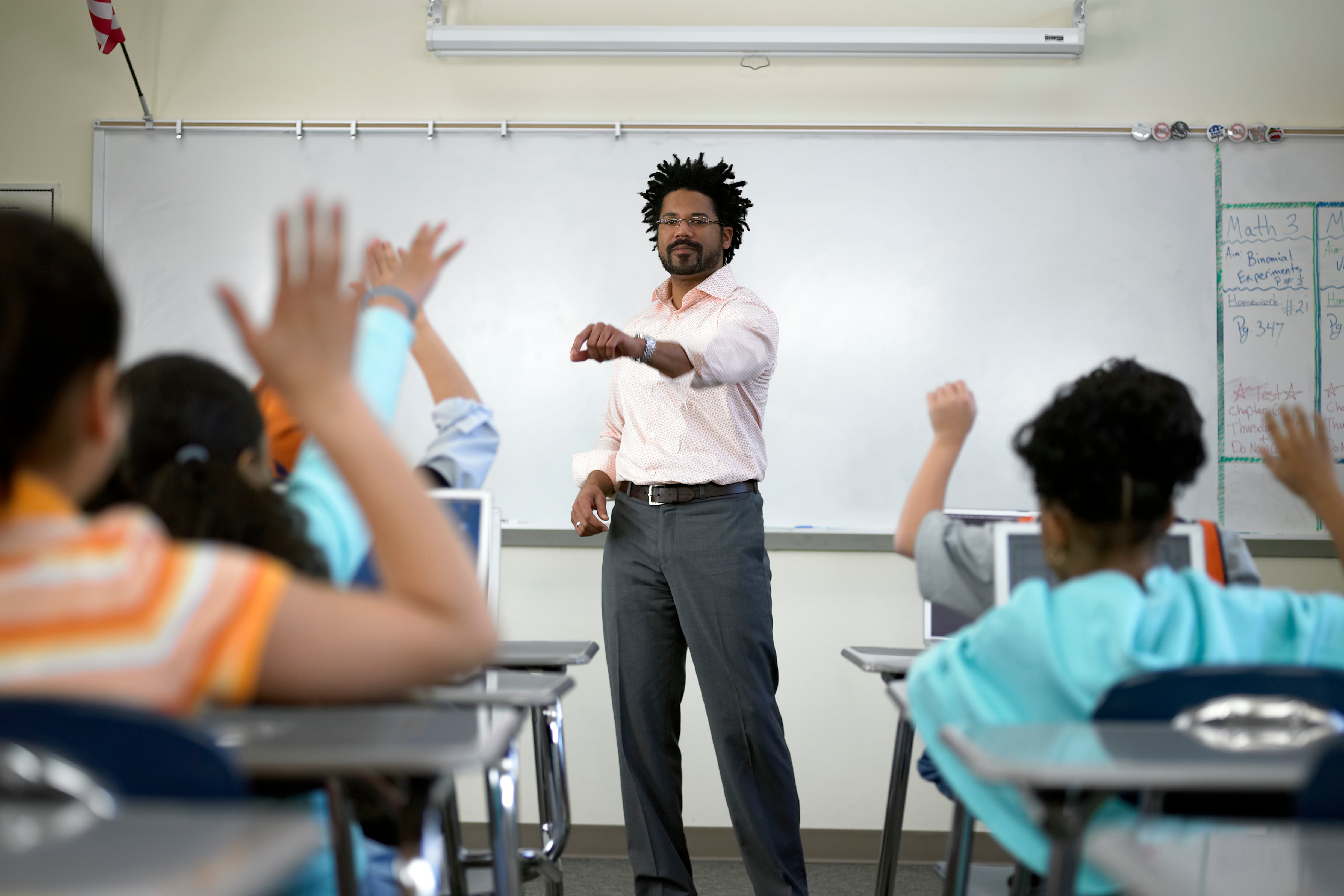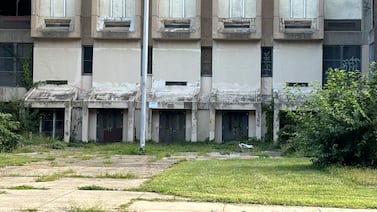Philadelphia teachers feel supported by their school leadership, their students, and their colleagues, but nevertheless feel overwhelmed by their workload and the demands made on them.
And they think their own school is doing well, but they think the district as a whole is going in the wrong direction. They say they are passionate about their job, but think they are underpaid and overworked.
Those were among the key results of a survey of 734 district and charter school teachers conducted on behalf of Elevate 215, a nonprofit organization once called the Philadelphia School Partnership, which was a proponent of charter school expansion. There are more than 8,200 teachers in district schools and another several thousand in charters.
Asked to pick their top three concerns, teachers cited their workload (46%), unrealistic expectations around student achievement (41%), and inadequate salary or benefits (39%).
Based on responses to survey questions, teachers in charter schools are somewhat more satisfied with their jobs than those in district schools. For instance, 79% of charter school teachers said they were satisfied with the “vision and priorities established at my school,” compared to 64% of district teachers. And just 33% of district teachers expressed satisfaction with the condition of their facilities and level of resources, compared to 71% of charter teachers.
There were also key differences in attitude among veteran teachers versus their newer colleagues and between white teachers and those of other races, especially regarding whether they plan to stay in teaching over the long haul.
In one interesting finding, just 41% of teachers who have been in the district at least 16 years feel the district offers the possibility for a “rewarding career.” A higher proportion of those with five or fewer years’ experience, 52%, agreed with that statement.
In the survey, charter teachers, which according to the survey skew younger and have less experience, expressed higher levels of satisfaction with their salaries and working conditions.
Charter teachers also said by higher margins, 68% versus 41%, that they felt their “input matters” regarding school policies and practices.
Jerry Jordan, president of the Philadelphia Federation of Teachers, said that the survey offered “no big surprises,” rather reflecting “concerns that I and my staff have been hearing from our members,” top among them being teacher salaries that are not keeping up with inflation. He said many PFT members leave for higher salaried jobs in suburban districts.
“Teachers indicated that they really like what they do, but want to be respected for what they do as well. We’ve been hearing that for a number of years,” he said.
He also said he wasn’t too surprised by the finding that charter school teachers, who are not unionized and tend to make less money, expressed somewhat higher satisfaction with their salaries. Many of them are new and in their first jobs, he said. “We were all excited when we got our first jobs,” he said.
Most teachers in Philadelphia are white and female, although based on the survey responses, there seems to be an uptick in male teachers and teachers of other races. For instance, 71% of the teachers surveyed with five or fewer years of experience are female, compared to 81% of those with 6-10 years and 82% of those with 11 years or more. Also, 49% of those in teaching for five years or fewer were white, compared to 67% of those with 6-10 years’ experience and 69% of those with more than that.
Teachers of color are also more likely to live in Philadelphia – 70% of Black teachers and 81% of Hispanic teachers, compared to 54% of those who are white. Teachers of color are also less likely to be fully certified, with 29% of Black teachers and 39% of Hispanic teachers having an emergency certification, compared to 6% of whites.
The survey was conducted between Sept. 27 and Oct. 9, with respondents recruited via email invitation. The margin of error is 3.6%.
Dale Mezzacappa is a senior writer for Chalkbeat Philadelphia, where she covers K-12 schools and early childhood education in Philadelphia. Contact Dale at dmezzacappa@chalkbeat.org.





